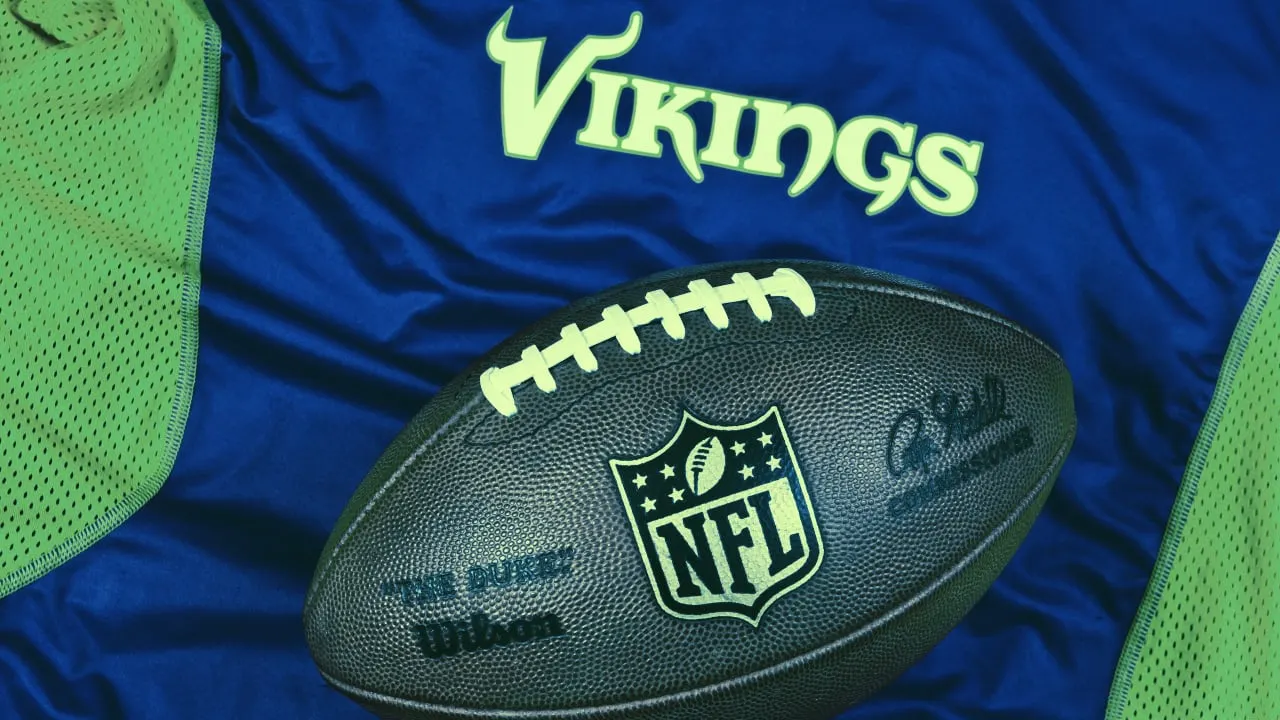We do the research, you get the alpha!
According to the feds: He has access to $345 million dollars. His money is stashed in dozens of banks all over the world. He was printing up sheets of counterfeit $100 notes. He has links to a vast global conspiracy involving cryptocurrency firms Tether and Bitfinex. And the U.S. Government says he’s a flight risk.
Does that sound like Reginald Fowler, an investor in the Minnesota Vikings and U.S. football entrepreneur? Indeed it is, say the feds. And a boffo Sports Illustrated report would seem to confirm parts of it. The magazine detailed Fowler’s role in the launch (and spectacular crash) of a new football league, the “Alliance of American Football,” which was tied to his alleged money-laundering operation.
Federal prosecutors charged Fowler, a 60-year-old, Chandler, Arizona businessman, along with fugitive Ravid Yosef of Israel, with bank fraud and the running of an unlicensed money transmitting business on April 30. The U.S. Attorney for the Southern District of New York asserts that they two were part of a scheme to help process millions of dollars on behalf of an internationally scattered group of cryptocurrency exchanges unable to gain access to traditional banks.
Yesterday, in a new filing, Fowler was described as a serious “flight risk. ” The chief danger? He allegedly has access to millions of dollars’ worth of funds held by the exchanges that his business has allegedly—and illegally—serviced.
Neither Fowler, nor his attorney, could be reached for comment.
If he escapes the long arm of the law, writes the Attorney General, Fowler will have "access to funds on which he could live indefinitely.”
Indeed, he has access to a remarkable sum. If the Attorney General’s estimations are correct, Fowler and Yosef held a balance of some $345 million across some sixty bank accounts opened under a variety of names, including Global Trading Solutions LLC.
That name ring a bell? “Global Trading Solutions” was reportedly a burner bank account set up by Crypto Capital Corps, the murky payment processor embroiled in another New York Attorney General investigation. Last Friday, the Attorney’s office alleged that Crypto Capital was partly responsible for travails at cryptocurrency companies Tether and Bitfinex, which were accused of having covered up an $850 million hole in Tether’s finances—and the New York Attorney General alleges Crypto Capital held the funds.
According to the most recent filing, Fowler has shown an alarming willingness to "help himself to” his clients’ bank balances in the past. In mid 2018, the filing alleges, Fowling sent $60 million dollars from bank accounts set up on behalf of clients to his own, personal bank accounts.
At other points he is described as having “commingled” clients’ funds with his own, as part of the so-called “10% fund” described in a “Master US Workbook” obtained by the prosecutors, which detailed his operations.
The filing also describes a pattern of Fowler feigning a willingness to cooperate, then backtracking and stonewalling prosecutors. At one point, the Attorney General writes, Fowler “expressed his desire to cooperate and his willingness to keep the investigation confidential. The following day, the agents sent him follow-up email. Rather than keep this email confidential, [Fowler] forwarded it to another scheme member.”
The filing also describes Fowler as having kept a large portion of his allegedly counterfeited wealth in cold, hard cash in a literal filing cabinet. Say the prosecutors: “FBI agents also recovered approximately $14,000 in counterfeit currency at Defendant’s office. The counterfeit currency consisted of sheets of $100 bills that were found in a filing cabinet in an office.” This seems like a strange thing for a man who was almost drafted by the Cincinnati Bengal’s to be involved with. But crypto is weird.





